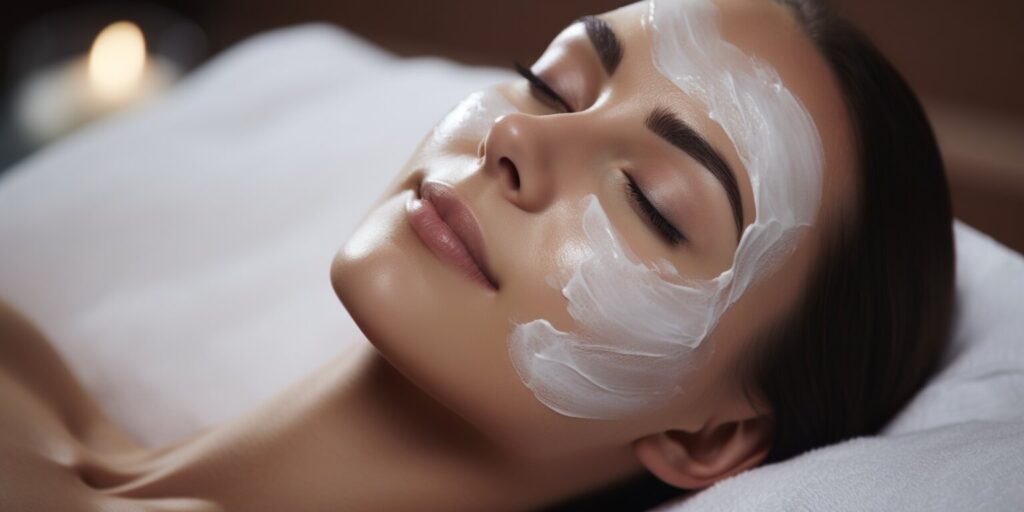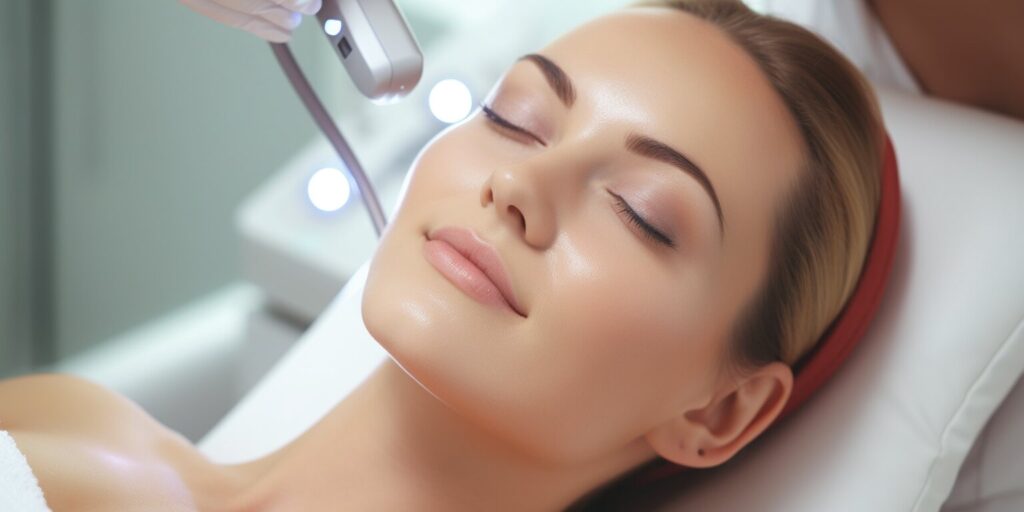Skin is often referred to as the body’s largest organ, serving as a protective barrier between our internal organs and the outside world. While we tend to think of skin conditions as purely physical ailments, emerging research suggests a strong connection between our mental well-being and the health of our skin. In this article, we will delve into the fascinating link between mental health and skin conditions, exploring how our emotions and stress levels can impact the appearance and severity of various skin issues.
The Mind-Skin Connection
The concept of the mind-skin connection is not new, but recent advancements in dermatology and psychology have shed new light on this intricate relationship. It’s important to note that while emotions and mental health can influence skin conditions, they are not the sole causes of these conditions. Instead, they can exacerbate existing skin issues or trigger flare-ups in those predisposed to certain conditions.
Stress and Skin Health
One of the most well-documented links between mental health and skin conditions is the role of stress. When we experience stress, our bodies release a hormone called cortisol, often referred to as the “stress hormone.” Elevated cortisol levels can wreak havoc on the skin in various ways:
1. Acne Breakouts:
Stress-induced cortisol production can increase inflammation throughout the body, including the skin. This inflammation can lead to clogged pores, making it more likely for acne to develop or worsen.
2. Eczema Flare-Ups:
Eczema is a chronic skin condition characterized by red, itchy rashes. Stress can exacerbate eczema symptoms, causing more frequent and severe flare-ups.
3. Psoriasis Aggravation:
Psoriasis is an autoimmune skin condition that causes thick, scaly patches of skin. Stress is a known trigger for psoriasis flare-ups, making management more challenging for those affected.
The Gut-Brain-Skin Connection
Research has also uncovered a fascinating link between the gut, brain, and skin. The gut microbiome, which consists of trillions of microorganisms living in our digestive tract, plays a crucial role in our overall health. Factors like diet, medications, and stress influence this intricate ecosystem. Recent studies have highlighted the connection between gut health, mental well-being, and skin conditions:
The Gut-Brain Axis:
The gut and brain communicate through a bidirectional pathway known as the gut-brain axis. Changes in gut health can affect brain function and vice versa. This connection can impact our emotional well-being and skin health simultaneously.
Dietary Choices:
Certain foods can either promote or alleviate inflammation in the body, affecting both mental and skin health. For example, a diet high in sugar and processed foods may contribute to increased inflammation and skin issues, while a balanced diet rich in antioxidants can have a positive impact.
Psychological Factors and Skin Conditions
Beyond stress, several psychological factors can influence the development and progression of skin conditions:
Anxiety and Depression:
Anxiety and depression can lead to behavioral changes that negatively impact skin health. Individuals experiencing these conditions may be more prone to neglecting their skincare routines, leading to skin problems.
Body Image Concerns:
Skin conditions, especially those that are visible, can significantly impact one’s self-esteem and body image. This, in turn, can contribute to the development of psychological distress and exacerbate skin conditions further.
Managing the Mind-Skin Connection
Understanding the link between mental health and skin conditions is crucial for effective management and treatment. Here are some strategies to address both aspects of this connection:
1. Stress Management:
Learning to manage stress through techniques like mindfulness, meditation, and exercise can help reduce cortisol levels and mitigate its impact on the skin.
2. Holistic Approaches:
Consider adopting a holistic approach to health that includes a balanced diet, regular exercise, and adequate sleep. These practices can promote both mental and skin well-being.
3. Seeking Professional Help:
If you are struggling with both mental health and skin issues, it’s essential to seek professional help. Dermatologists and mental health professionals can work together to develop a comprehensive treatment plan.
4. Skin-Care Routine:
Establishing a consistent skincare routine tailored to your specific skin condition can help manage symptoms and improve overall skin health.
Med Spa Treatments for Skin Health
Med spa treatments offer a diverse range of non-invasive and minimally invasive procedures designed to enhance skin health and beauty. These treatments, typically administered by trained professionals in a relaxing spa-like environment, have gained popularity for effectively addressing various skin concerns.
One of the primary advantages of med spa treatments is their versatility. Whether you’re dealing with signs of aging, skin imperfections, or simply seeking to rejuvenate your complexion, there’s likely a med spa treatment suitable for your needs. These treatments may include:
- Facial Treatments: Med spas offer a variety of facial treatments that cleanse, exfoliate, and nourish the skin. These can help improve skin texture, reduce acne, and provide a radiant, youthful appearance.
- Chemical Peels: Chemical peels involve the application of a chemical solution to remove damaged outer layers of skin. They can reduce fine lines, wrinkles, and hyperpigmentation.
- Microdermabrasion: This treatment uses a mechanical exfoliation technique to remove dead skin cells, improving skin tone and texture.
- Dermal Fillers and Botox: These injectable treatments can reduce the appearance of wrinkles, add volume to the face, and create a more youthful look.
- Laser Therapy: Med spas often offer laser treatments for skin resurfacing, hair removal, and the removal of sunspots or tattoos.
Med spa treatments not only enhance physical appearance but can also contribute to mental well-being by boosting self-confidence. Before undergoing any procedure, it’s essential to consult with a qualified professional who can assess your skin’s specific needs and provide tailored recommendations for achieving optimal skin health and beauty.
Conclusion
To sum up, the intricate link between mental health and skin conditions cannot be ignored. Stress, anxiety, and depression can exacerbate existing skin issues, making effective management a challenging task. However, understanding this mind-skin connection is the first step towards holistic well-being.
While addressing psychological factors and adopting stress management techniques are crucial, integrating med spa treatments into your skincare routine can be a game-changer. Med spa treatments offer a wide array of options to rejuvenate and enhance skin health, all while promoting relaxation and self-care. These procedures can complement traditional skincare routines, from facial treatments and chemical peels to dermal fillers and laser therapy, helping individuals achieve healthier, radiant skin.
By recognizing the importance of both mental and skin health and exploring the benefits of med spa treatments, individuals can embark on a journey toward comprehensive well-being. Ultimately, a harmonious approach to mind and skin care can lead to improved self-confidence, quality of life, and a more vibrant, healthier complexion.



